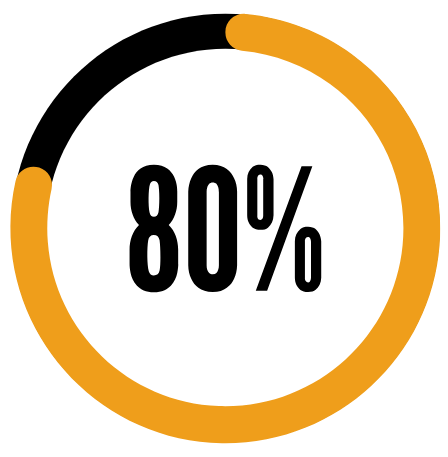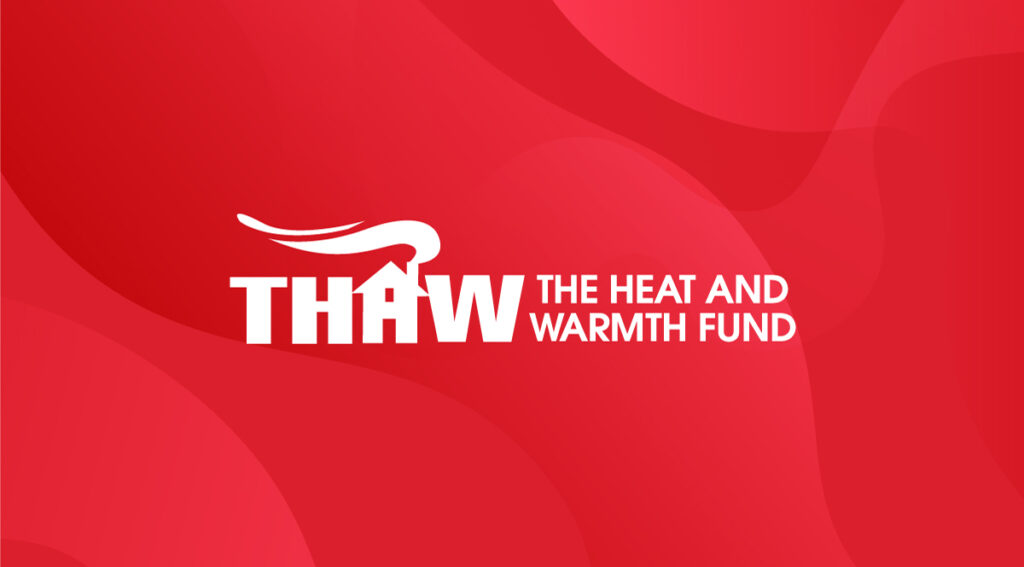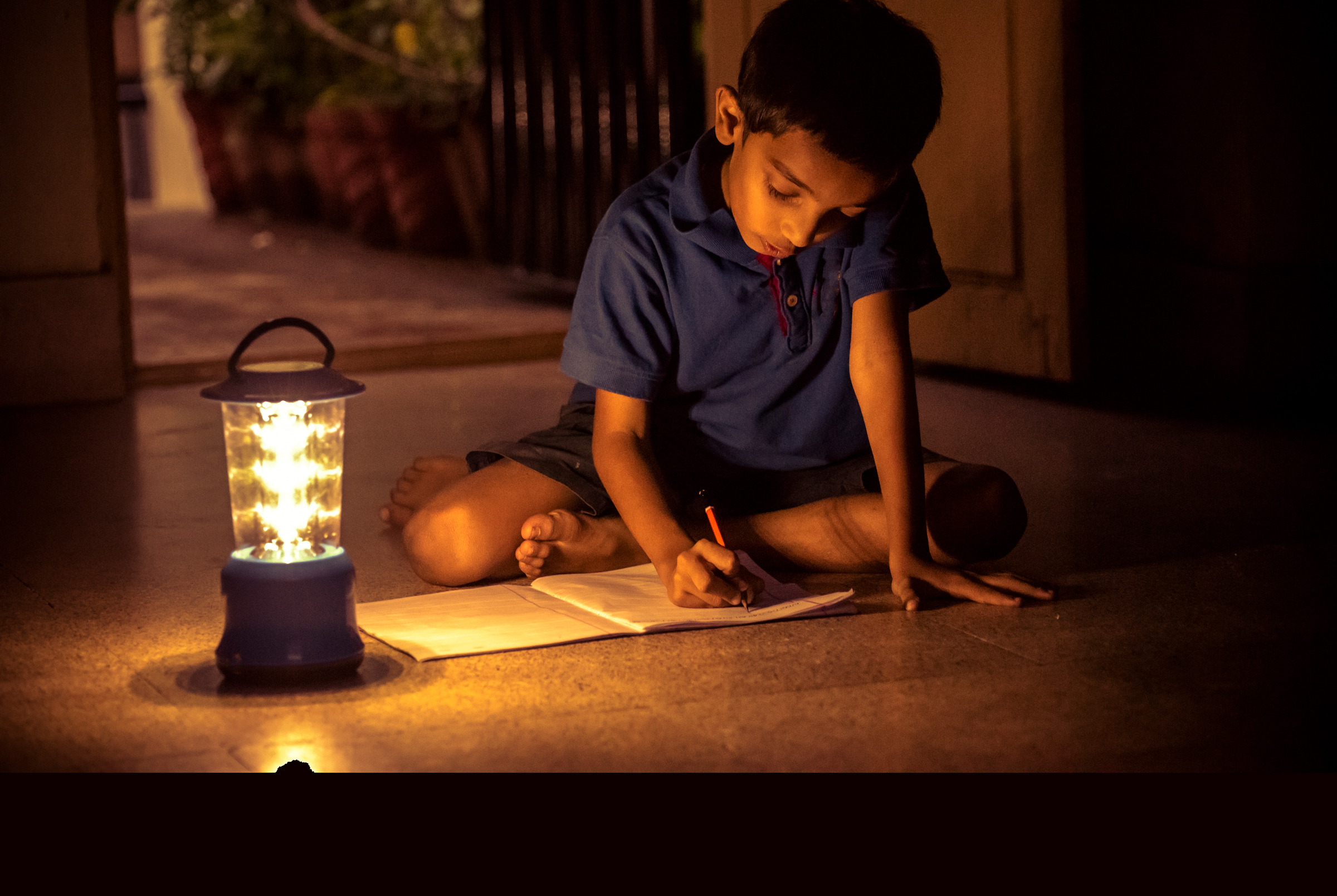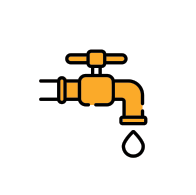
Faces of THAW
Recipients of THAW assistance include elderly, children, unemployed, underemployed and disabled individuals who find themselves in an energy crisis. More than 70% of the households we assist have a child or senior in the home. These populations can become particularly vulnerable during the cold seasons.
Learn MoreFaces of Thaw - 1 minute 9 seconds
Our Mission
The Heat and Warmth Fund (THAW) is stabilizing and empowering Michigan families, keeping them healthy, safe and warm.
THAW, an independent 501(c)(3) non-profit organization, distributes assistance to vulnerable Michigan residents through 39 agency partners and a series of annual mobile processing events. The number of households that need utility assistance continues to grow each year. Last year THAW distributed more than $8.6 million in utility assistance to over11,000 Michigan households, and we could not have done that without your help.
Since its inception in 1985, THAW has distributed $238 million in assistance to over 331,000 Michigan households.

Across Michigan, 40% of households (1.54m) struggle to afford the basic needs of housing, including energy.

Approximately 70% of the families served by THAW have either children, seniors or veterans in their homes.

Over 80% of every dollar goes to those in need.
Application Quick Links
News & Events
DTE Customer Resource Fair
Pontiac Residents — We Can Help! DTE and THAW are hosting a DTE Customer Resource Fair to support low-income and vulnerable residents with utility assistance and resources. Wednesday, February 18, 2026 10:00 a.m. – 3:00 p.m. E-Community Outreach Services 180 North Saginaw, Pontiac, MI 48342 THAW appointments are required (Approved SER if applicable). Call 800-866-8429 […]

Consumers Energy Invests $5 Million to Help Michigan Families Manage Energy Costs
New Investment Marks Broader Commitment to Keeping Energy Within Reach JACKSON, Mich. Jan. 12, 2026 – Michigan families are feeling pressure from rising costs everywhere they turn. To support our customers, Consumers Energy is kicking off 2026 by investing $5 million to help customers and communities across Michigan through direct assistance, community partnerships and […]

Night of Warm Hearts
Night of Warm Hearts will be the crown jewel of our celebration—bringing together Michigan’s most influential business leaders, philanthropic partners, and community champions for an unforgettable evening of inspiration, recognition, and impact. Together, we will honor 40 years of service and look ahead to a future of serving Michigan communities, including philanthropy, volunteerism and economic […]






